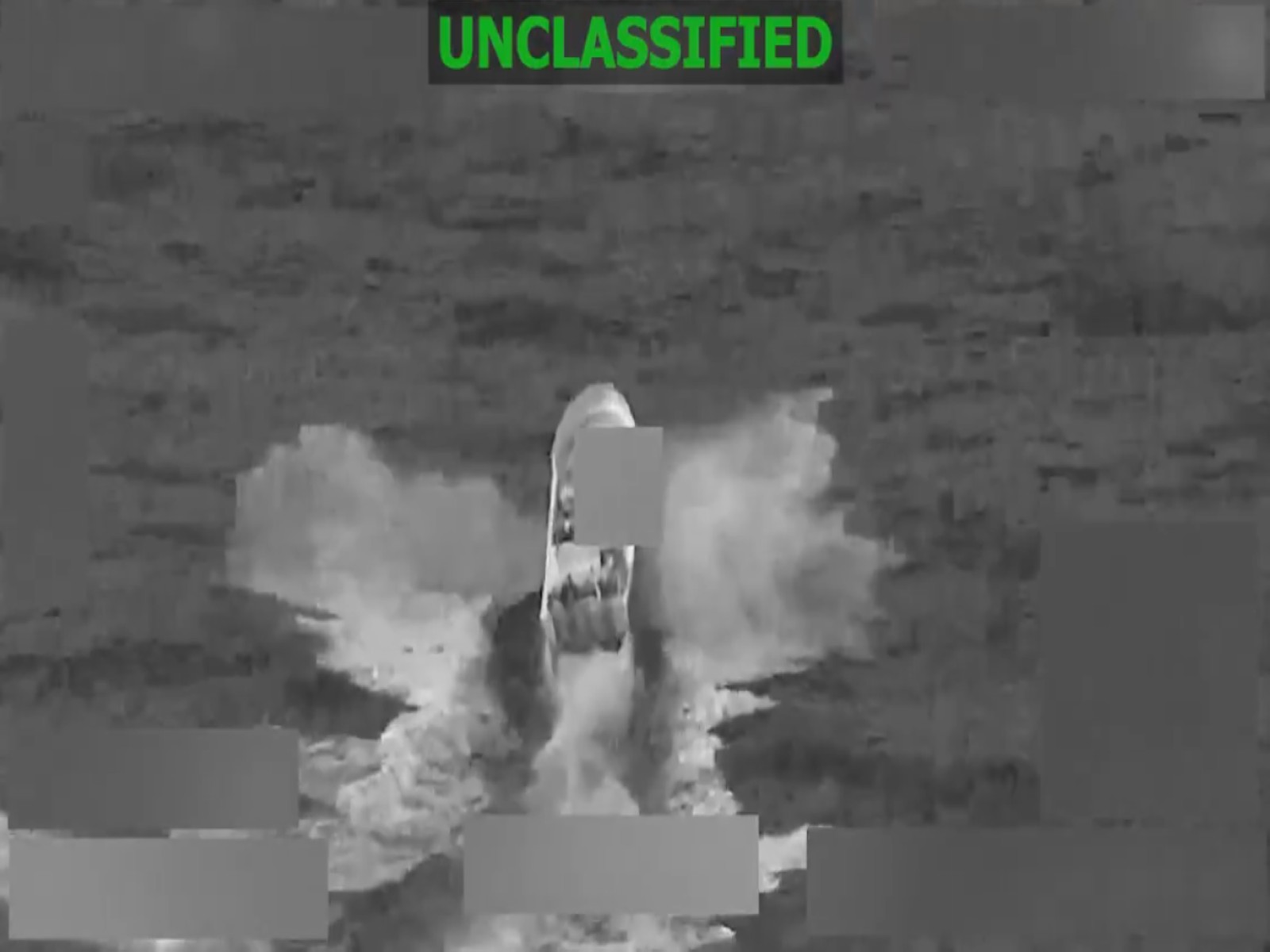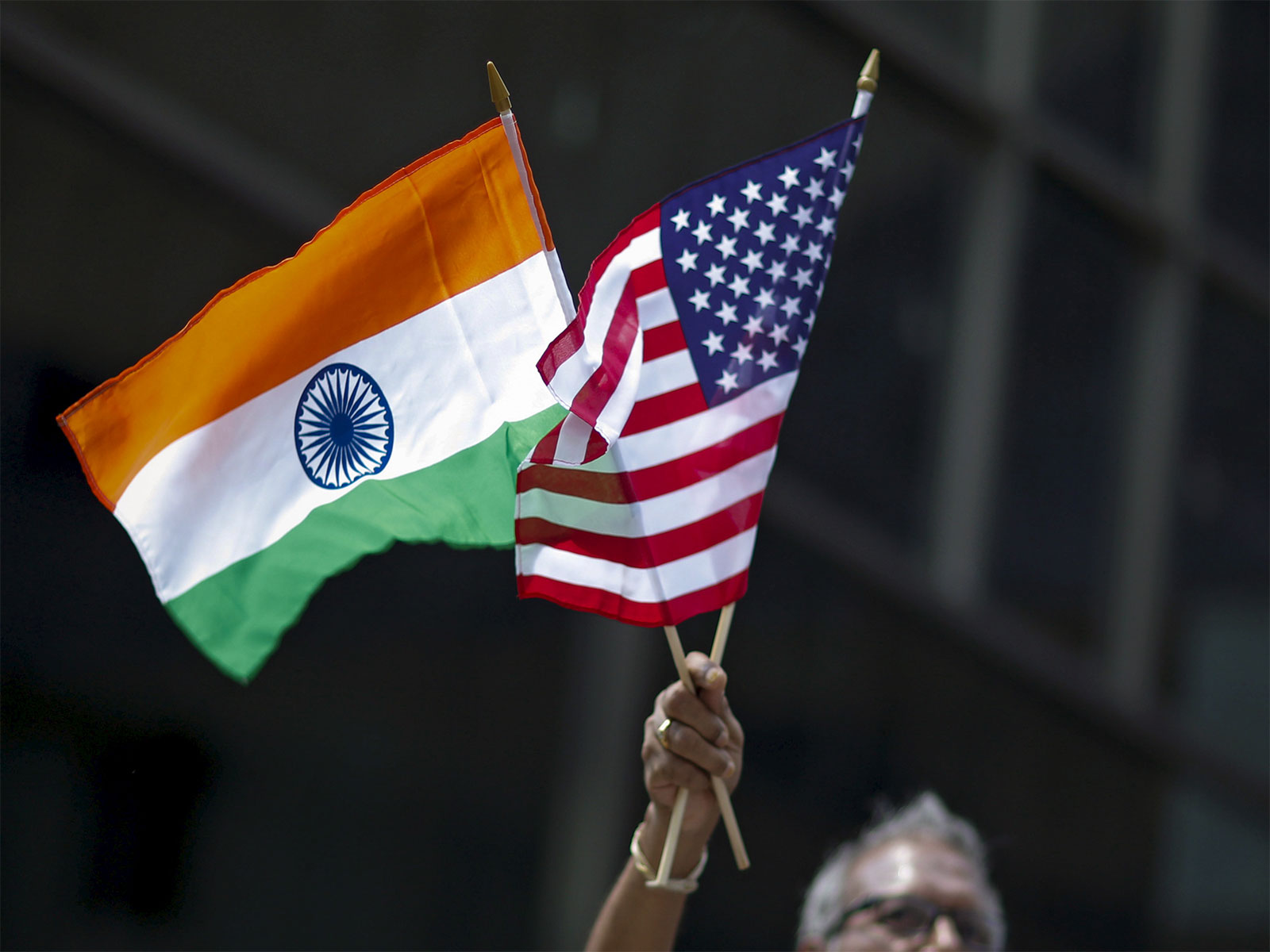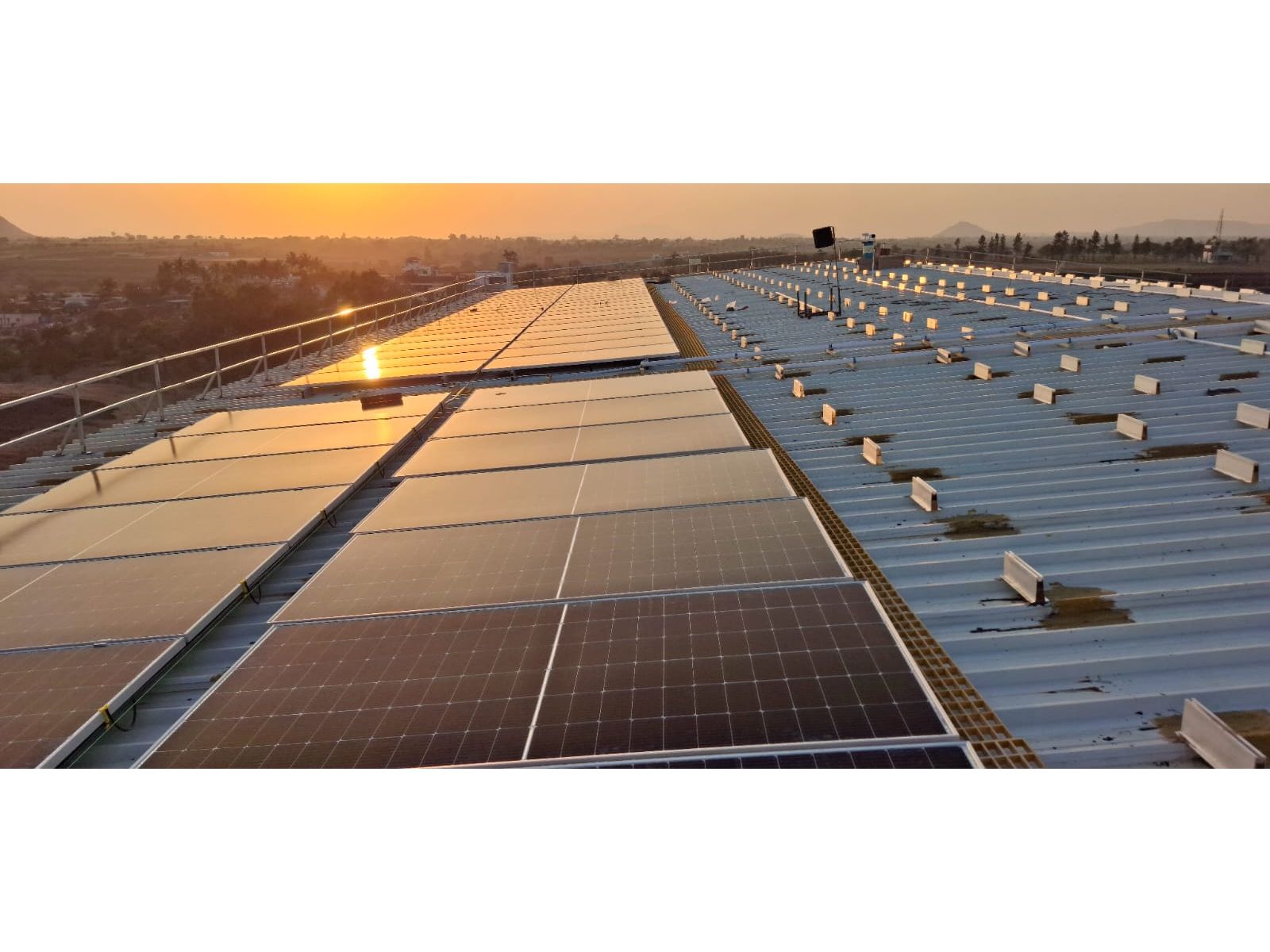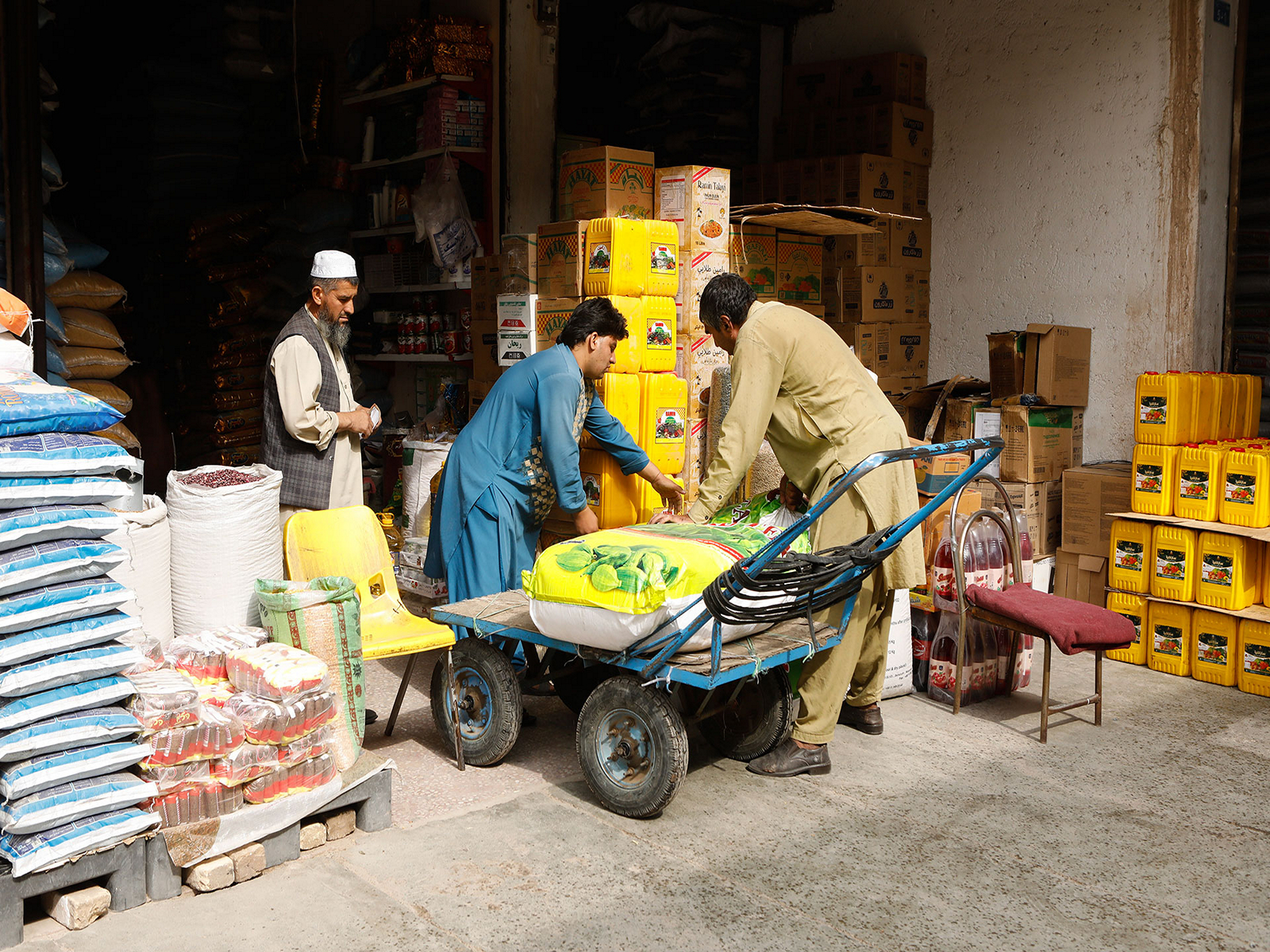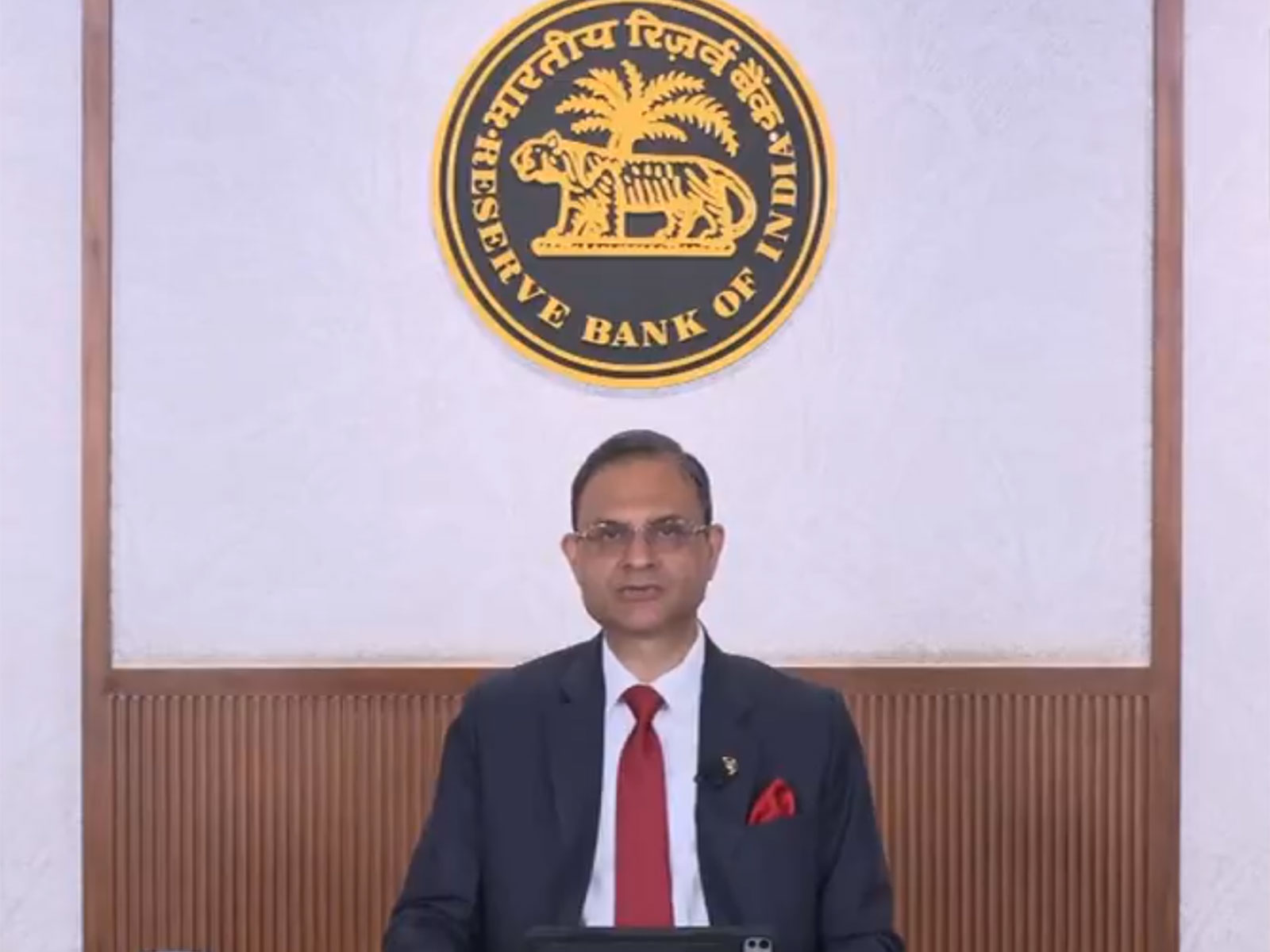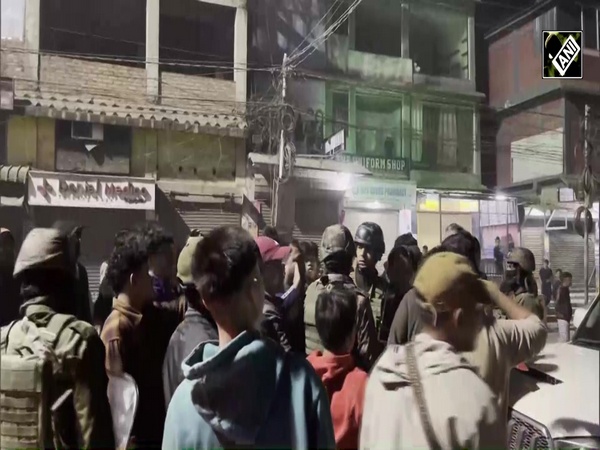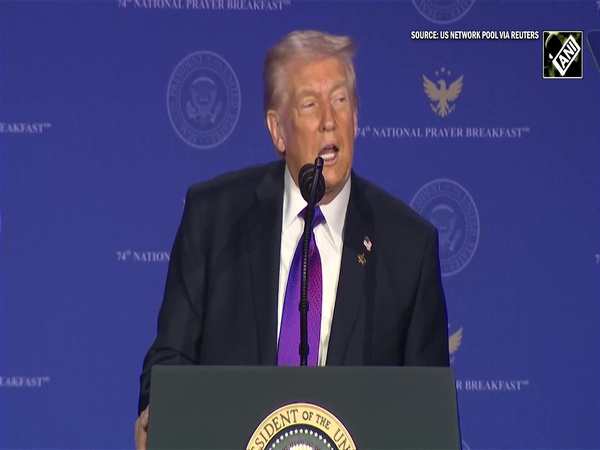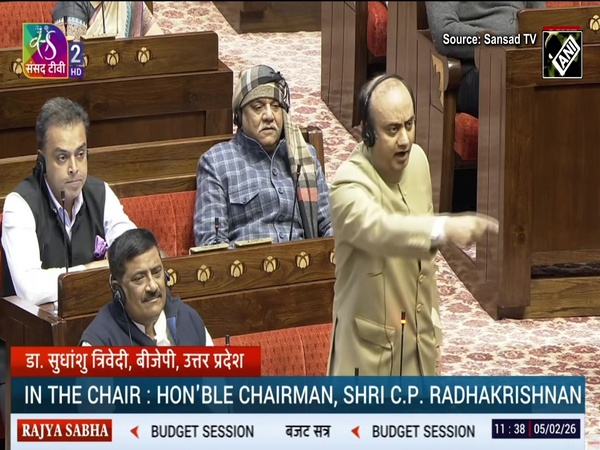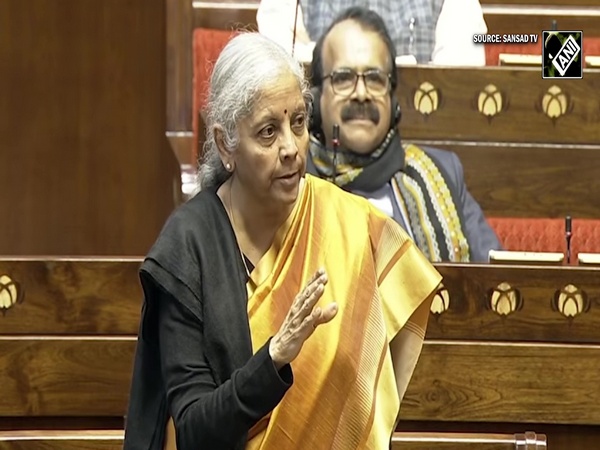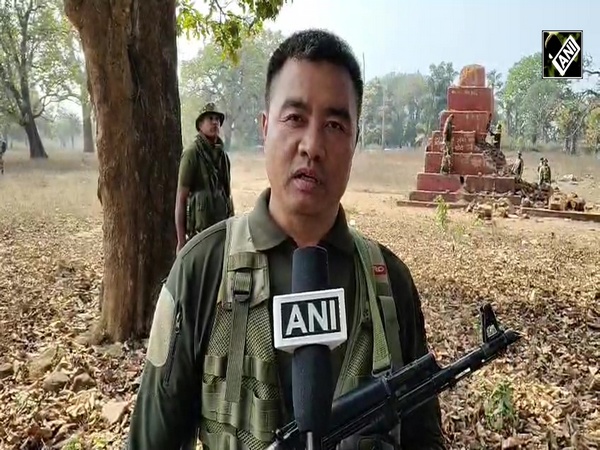Global chemical weapons watchdog blames Syria for 2018 deadly chlorine attack in Douma
Jan 27, 2023

Hague [Netherland], January 27 : The Organization for the Prohibition of Chemical Weapons on Friday blamed Syria for a 2018 chlorine attack that killed 43 people.
The long-awaited report by the global chemical weapons watchdog based in Hague has sparked tensions between Damascus and the West.
An investigation by OPCW established there are "reasonable grounds to believe" Syria's air force dropped two cylinders containing chlorine gas on the city of Douma in April 2018.
The watchdog said that "at least one Mi-8/17 helicopter of the Syrian Arab Air Force, departing from Dumayr airbase and operating under the control of the Tiger Forces, dropped two yellow cylinders" on April 7, 2018.
The cylinders hit two residential buildings in central Douma, it said.
The first "ruptured and rapidly released toxic gas, chlorine, in very high concentrations, which rapidly dispersed within the building, killing 43 named individuals and affecting dozens more," said the report.
The second cylinder smashed into an apartment and slowly released some chlorine "mildly affecting those who first arrived at the scene."
Investigators had examined 70 environmental and biomedical samples, 66 witness statements, and other data including forensic analysis, satellite images, gas dispersion modelling, and trajectory simulations, it said.
Douma was held by rebels at the time of the incident, which came during a major offensive by Syrian government forces to retake the town near the capital Damascus.
Emergency workers said at the time that they had treated people suffering breathing problems, foaming at the mouth and other symptoms.
The report published on Friday confirms that the regime of Syrian President Bashar al-Assad used chemical weapons during his country's grinding civil war.
Meanwhile, Damascus and its ally Moscow had claimed that the attack was staged by rescue workers at the behest of the United States, which launched air strikes on Syria days afterwards along with Britain and France.
The Douma case also caused controversy after leaks from two former employees cast doubt on earlier findings by The Hague-based OPCW.
But the OPCW said its investigators had "considered a range of possible scenarios" and concluded that "the Syrian Arab Air Forces are the perpetrators of this attack."
"The use of chemical weapons in Douma - and anywhere - is unacceptable and a breach of international law," OPCW Director-General Fernando Arias said in a statement.
"The world now knows the facts -- it is up to the international community to take action, at the OPCW and beyond."
Syria, which joined the OPCW in 2013 under pressure from the international community after being blamed for another deadly chemical weapon attack, does not recognize the investigation team's authority and has repeatedly denied using chemical weapons.
Despite the latest findings, bringing perpetrators in Syria to justice remains a long way off. Syria's ally Russia has, in the past, blocked efforts by the UN Security Council to order an International Criminal Court investigation in Syria.
